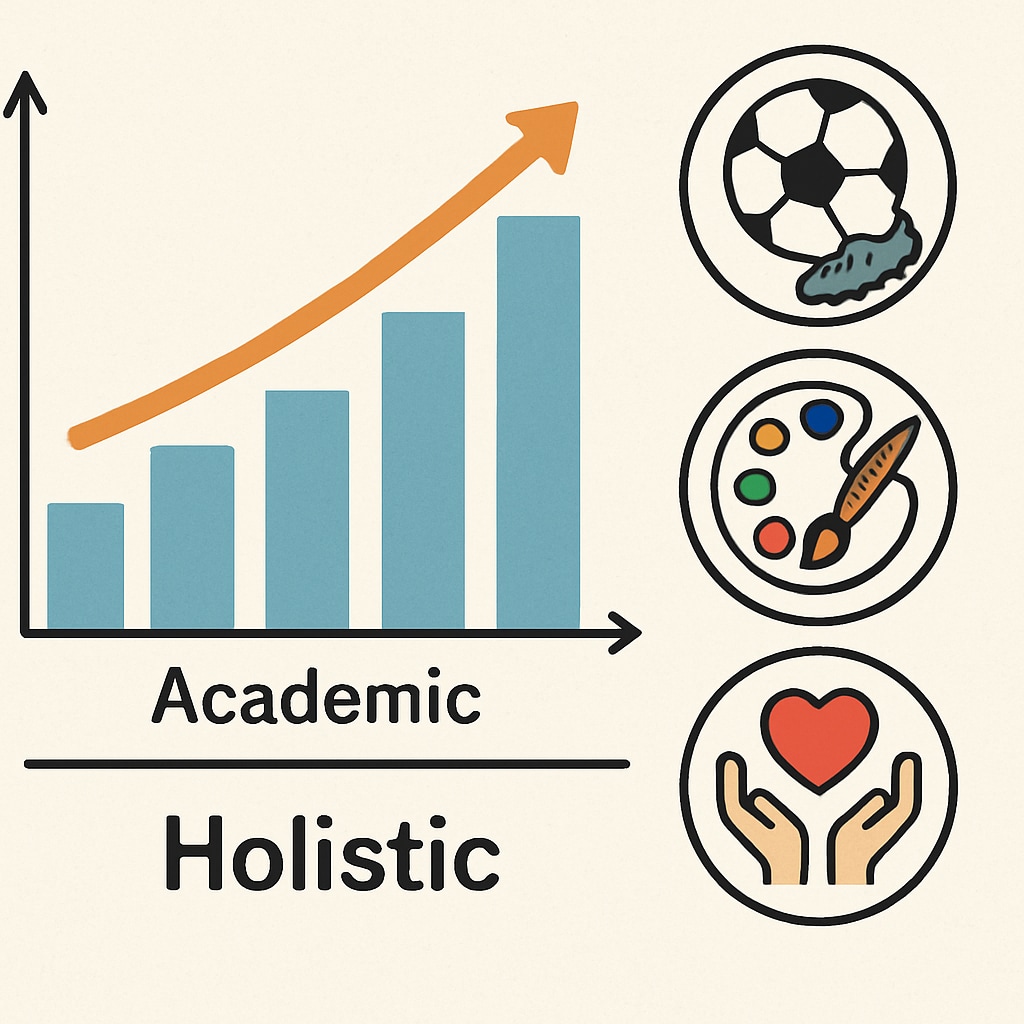For students aspiring to attend Harvard University, the question of how much a single low grade can impact their application often looms large. “Harvard University, grades, college admissions” are concepts that carry immense weight for high-achieving students. But does one blemish on your academic record necessarily spell doom for your dreams of attending an elite institution? This article explores how top schools like Harvard evaluate applicants holistically and provides actionable advice to address grade-related concerns.

Do Grades Define Your College Application?
Grades undeniably play a crucial role in college admissions, particularly for universities like Harvard, where academic excellence is a given among applicants. However, admissions officers at elite schools often emphasize a holistic review process, which evaluates students not only on their academic performance but also on their extracurricular achievements, leadership qualities, essays, and recommendations. A single low grade, while not ideal, is rarely the sole deciding factor in an application.
For example, Harvard’s admissions principles prioritize intellectual curiosity and personal growth. According to Harvard’s official admissions page, they seek students who demonstrate resilience and a capacity to overcome challenges. This means that an isolated low grade could be viewed as an opportunity for growth rather than a fatal flaw, provided the student addresses it effectively in their application.
Strategies to Mitigate the Impact of a Low Grade
If you’re worried about how a low grade might reflect on your application, there are several strategies to focus on:
- Address the Grade in Your Essay: Use your personal statement or supplemental essays to explain the circumstances behind the low grade. Admissions officers appreciate honesty and self-awareness.
- Demonstrate Improvement: Show a clear upward trend in your academic performance. If your grades improved significantly after the low score, highlight this in your application.
- Focus on Strengths: Emphasize your achievements in other areas, such as extracurricular activities, leadership roles, or standardized test scores.
- Provide Context: Use recommendation letters to provide additional context for the grade. Teachers or counselors can help explain challenges you faced and how you overcame them.
By demonstrating resilience and a commitment to growth, applicants can turn potential weaknesses into strengths.

Understanding the Holistic Admissions Process
Elite universities like Harvard often emphasize that they take a “whole person” approach to admissions. This means that a single low grade is weighed alongside many other factors. For instance, holistic admissions consider how students contribute to their communities, pursue passions, and reflect their personal values.
Admissions officers are trained to recognize that no student is perfect. They value applicants who demonstrate authenticity and a willingness to learn from setbacks. For example, a student who received a low grade in a challenging subject but later excelled in related coursework could be seen as someone who possesses perseverance and adaptability.
Final Thoughts: Does a Low Grade Matter?
While a low grade is never ideal, it is far from the end of the world when it comes to applying to elite institutions like Harvard. Admissions officers understand that students are human and that grades alone do not define a person’s potential. By focusing on holistic growth, demonstrating resilience, and crafting a thoughtful application, students can overcome academic imperfections and still present themselves as strong candidates.
In the end, the college admissions process is about more than just numbers. It’s about telling your story, showcasing your unique strengths, and demonstrating your ability to succeed both academically and personally.
Readability guidance: Break long paragraphs into shorter ones, use lists to summarize key points, and incorporate transitional phrases to enhance flow and clarity.


